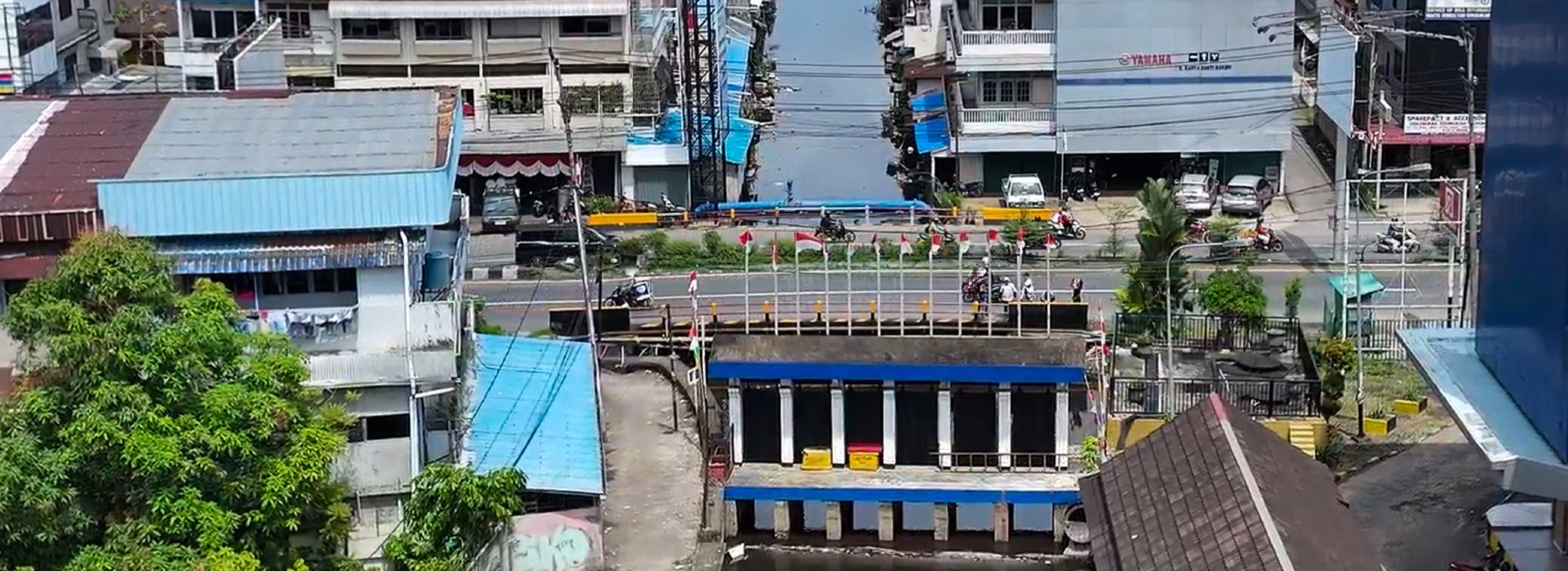When the Waters Rise: Why Flood Risk Isn't Gender-Neutral
Flooding. It's a devastating natural disaster that can tear apart homes, businesses, and lives. While its destructive power affects everyone in its path, the truth is, the impacts of flooding are not felt equally. Women and marginalized groups often find themselves facing a greater burden, struggling with unique challenges before, during, and after the floodwaters recede.
The Unequal Burden of Flooding
Think about it: existing inequalities in society often mean that women and marginalized groups have less access to resources, information, and support. When a flood hits, these inequalities are amplified.
- Women may have less access to land ownership, financial resources, and decision-making power, making it harder to prepare for and recover from floods.
- Social norms and caregiving responsibilities can limit women's mobility and ability to evacuate, putting them at greater risk.
- The economic stress caused by flooding can lead to a rise in gender-based violence, often hidden within homes and communities.
- Women, especially pregnant women, face specific health risks from floods, including increased vulnerability to waterborne diseases and complications.
- Bias in government aid and recovery programs can further marginalize women and vulnerable groups, hindering their ability to rebuild their lives.
Creating a More Equitable and Resilient Future
So, what can we do to address this inequality? It starts with recognizing that flood risk management needs to be inclusive. We need to:
- Integrate gender and socio-economic considerations into every stage of flood risk management, from early warning systems to long-term recovery efforts.
- Develop more accurate flood risk models that take into account the specific vulnerabilities of women and marginalized groups.
- Empower communities to build resilience by incorporating diverse perspectives and addressing the unique needs of all its members.
- Advocate for policies and programs that ensure equitable access to resources, information, and support for everyone, regardless of gender or social status.
This is just a glimpse into the complex issue of gender and flood risk. To learn more about the specific challenges, potential solutions, and the way forward, we encourage you to read the full report "Integrating Gender Equality and Socio-Economic Inclusion into Flood Risk Models and Analysis".
This report, developed by FINCAPES Project with support from Canada, provides valuable insights for policymakers, researchers, and community leaders working towards a more equitable and resilient future.
Related content:
Flood Risk Modeling Workshop in Pontianak, West Kalimantan, 13-14 November 2024.
